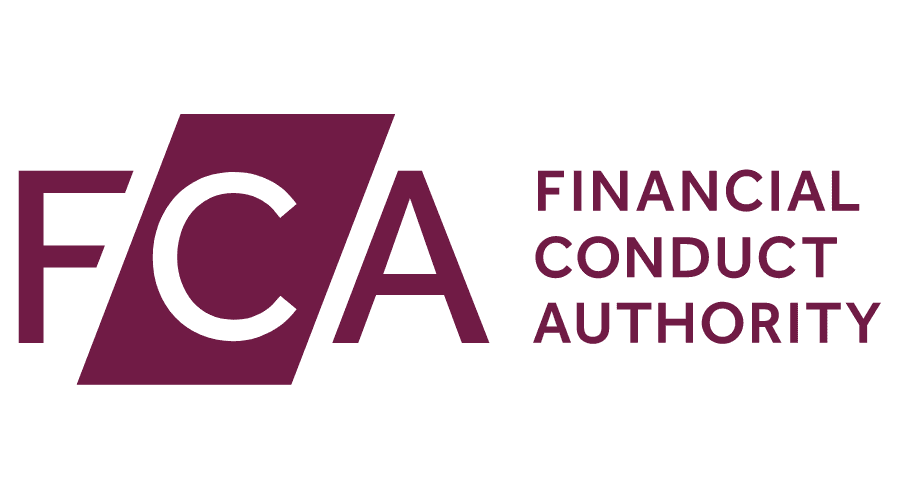The Financial Conduct Authority (FCA) opening applications for its newly unveiled Overseas Funds Regime (OFR) marks the end of post-Brexit limbo for ETFs, but what does it mean for asset managers with temporary passporting, those who underwent lengthy legal processes and those who have to-date forgone accessing the UK?
Applications to be ‘recognised’ under the OFR – enabling UCITS vehicles to continue marketing and distributing in the UK – opened on Monday for standalone funds, with this tranche of applications set to close on 31 December.
The next ‘landing slot’ will be more significant, given it concerns most ETF promoters by covering fund umbrellas included within the Temporary Marketing Permissions Regime (TMPR).
ETF share classes issued from these umbrellas – often Irish Collective Asset management Vehicles (ICAVs) – have been able to continue to marketing and distributing to UK investors of all levels since the end of the official Brexit transition period, a temporary permission framework which falls away once the three-month landing slot for these vehicles to apply under the OFR falls away in January.
Despite the FCA noting it could take up to two months to consider these applications, OFR recognition will be a boon to ETF issuers, UK listings and retail investors alike, with UCITS ETFs being given a long-term channel to list on the London Stock Exchange (LSE) and market to investors of all levels.
However, for the several notable ETF issuers that did not secure a landing slot under the TMPR, accessing the UK market has been a waiting game.
This week, for instance, ETF Stream revealed BNP Paribas Asset Management entered the UK with its first four ETF listings on the LSE after undergoing the lengthy and expensive ordeal of having its ICAV recognised by the FCA under Section 272 of the Financial Services and Markets Act 2000.
Lorraine Sereyjol-Garros, global head of business development ETF and index solutions at BNPP AM, said gaining recognition was “a long process” and “not straightforward”.
“We launched the ICAV at the start of 2023 and it was registered in the UK in March this year – the process took almost a year.
“As soon as it was registered, we worked on the listings. It took us until today to get the listing complete.”
Thankfully for those who endured the trials of Section 272, the arrival of OFR does not impact their hard-earned access to the UK market, even if some may pause for thought as to whether their perseverance was worthwhile.
The reason for this is issuers without a TMPR landing slot or recognition under Section 272 can already begin applying for recognition under the OFR and will have their applications prioritised, given they currently lack a route to accessing the UK market.
This means prominent promoters, such as AXA Investment Management – whose website notes it has “no ETF funds registered for sale in the UK” – could hypothetically be recognised under OFR before the end of the year.
On the other hand, by opting to go through Section 272 and entering the UK, BNPP AM painstakingly guaranteed itself exposure to not only UK investors but a far broader international audience.
“Some clients, such as in the Nordics, Middle East, Latin America and Asia prefer LSE listings over mainland Europe, so it enables us to target the domestic market and international clients,” Sereyjol-Garros said.





